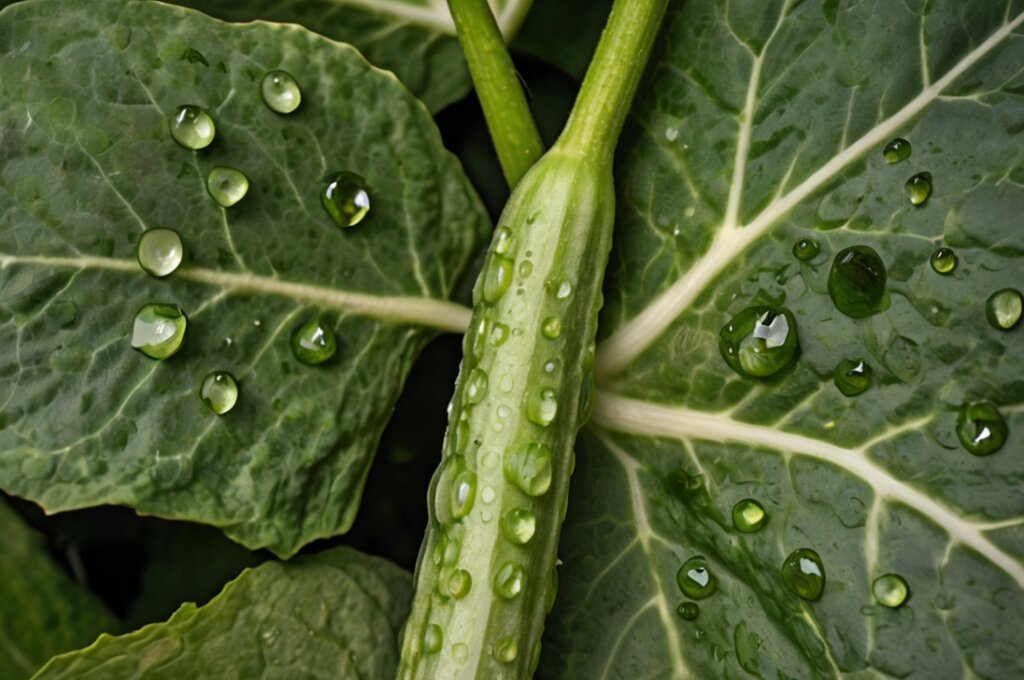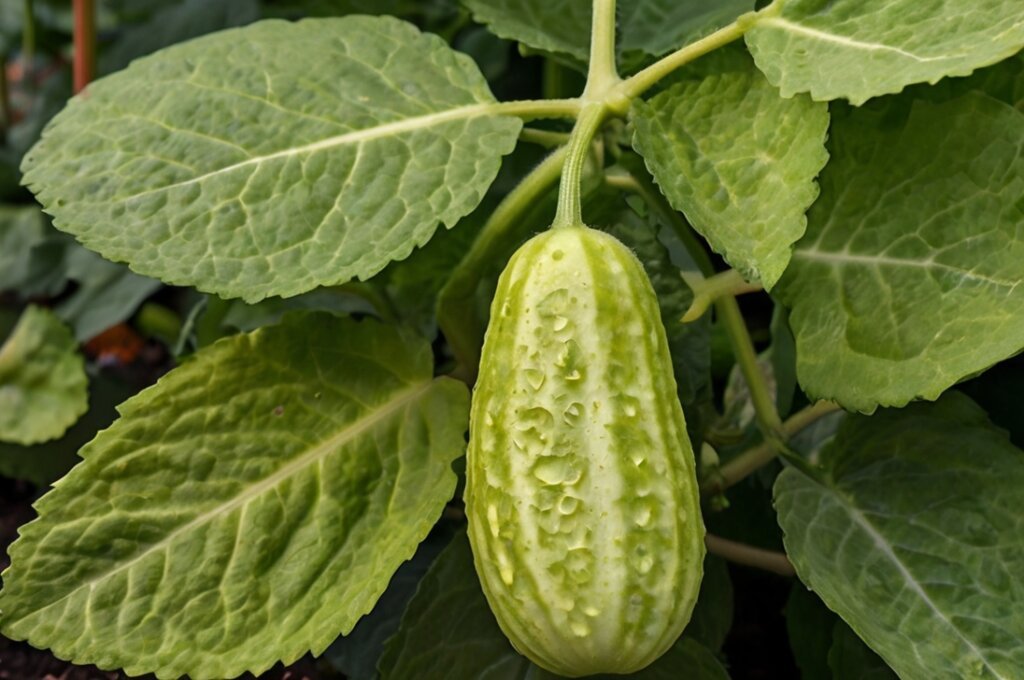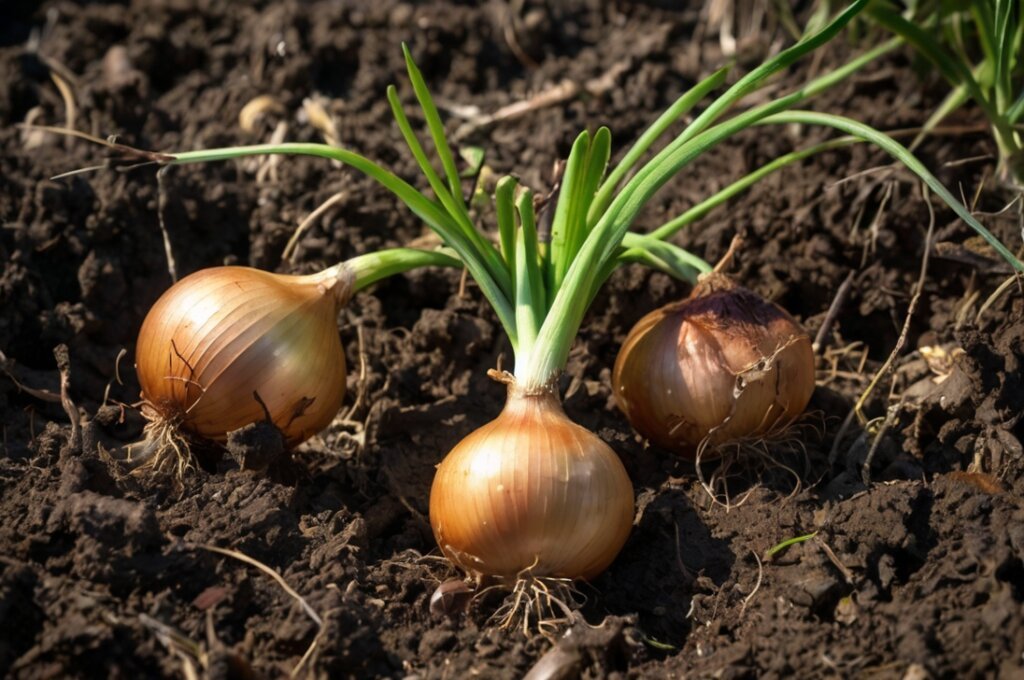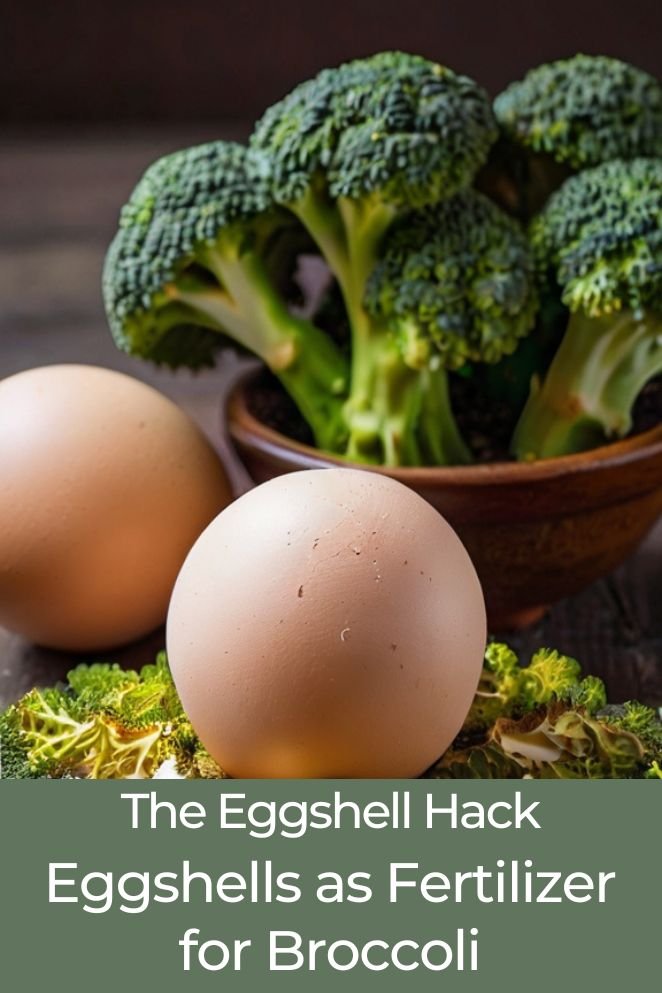
In this article, we’ll dive deep into the world of eggshells as fertilizer for broccoli and how you can harness their power to grow the greenest, tastiest veggies on the block. Eggshells!
Those humble shells that usually end up in the trash can be your garden’s best friend.
About Eggshells
Eggshells are the hard outer coverings of eggs.
They’re mostly made of calcium carbonate, the same stuff that makes up our bones and teeth.
- Read also: Optimizing Spacing for Broccoli Plants
- Read also: Protecting Your Broccoli: Common Broccoli Diseases
Composition
Eggshells are composed mainly of calcium carbonate, they also contain proteins, magnesium, phosphorus, and trace minerals like potassium, sodium, zinc, and iron.
These elements play essential roles in plant growth and development, from cell wall formation to chlorophyll synthesis.
Uses of eggshells
Calcium carbonate from eggshells finds its way into various products we use every day.
Eggshell particles can be used in toothpaste to prevent tartar buildup, and even as a thickener or stabilizer in some foods.
Calcium of eggshells is good for both humans and plants.
They can be crushed and used as a natural calcium supplement or ground into a powder for fertilizing gardens.
When crushed and added to the soil, eggshells slowly release these nutrients, providing a steady supply to your plants throughout their growth cycle.
So, next time you crack an egg, think twice before tossing those shells—they could be the secret ingredient your garden needs to thrive!

How to Use Eggshells as Fertilizer for Broccoli
Using eggshells as fertilizer for broccoli is simple. Here’s a simple step-by-step guide:
Step 1: Collect and clean
Begin by collecting eggshells from your kitchen after you’ve used the eggs for cooking or baking.
Ensure that the eggshells are free from any remaining egg whites or yolks.
Rinse the collected eggshells thoroughly under running water to remove any residual food particles or organic matter.
This step is crucial to prevent the growth of mold or bacteria once the eggshells are incorporated into the soil.
Step 2: Drying time
Once cleaned, allow the eggshells to dry completely. You can air dry them by spreading them out on a clean towel or paper towel.
Alternatively, you can speed up the drying process by placing the eggshells in an oven set to a low temperature (around 200°F or 93°C) for a few minutes.
Ensure that the eggshells are completely dry before proceeding to the next step.
Moisture can promote the growth of fungi or bacteria, which may affect the effectiveness of the fertilizer.
Step 3: Crushing up
Once dried, it’s time to crush the eggshells into smaller pieces. This can be done using a mortar and pestle, a rolling pin, or even a blender.
Aim to crush the eggshells into small, coarse pieces.
While they don’t need to be pulverized into a fine powder, breaking them down into smaller fragments will help accelerate the decomposition process and make it easier for the nutrients to be released into the soil.
Step 4: Incorporate into soil
With the eggshells crushed, it’s time to incorporate them into the soil around your broccoli plants.
You can sprinkle the crushed eggshells directly onto the soil surface around the base of the plants.
Alternatively, you can mix the crushed eggshells into the soil by gently tilling them into the top few inches of the soil.
This will ensure that the nutrients from the eggshells are evenly distributed and accessible to the plant roots.
As the eggshells decompose over time, they will release calcium, magnesium, and other essential minerals into the soil, providing a slow-release source of nutrients for your broccoli plants.
Step 5: Repeat
For optimal results, it’s recommended to continue adding crushed eggshells to your garden regularly throughout the growing season.
By consistently replenishing the supply of eggshells, you’ll ensure that your broccoli plants have access to a continuous source of nutrients, promoting healthy growth and robust yields.
But remember, too much calcium at one time can be detrimental to plants, moderation is key.
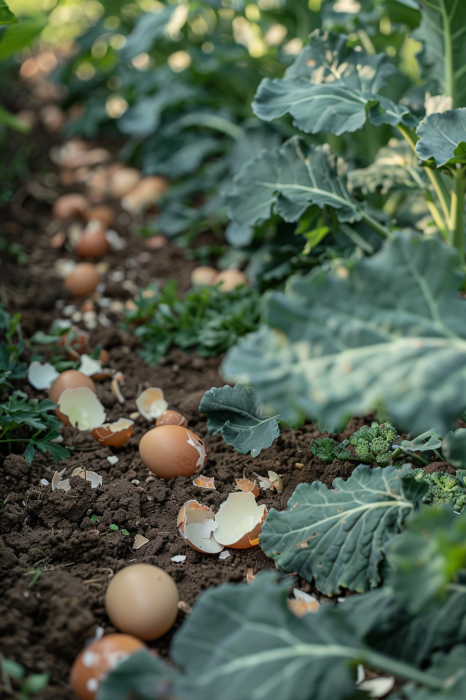
Pros and Cons of Using Eggshells as Fertilizer
Let’s explore the pros and cons of utilizing eggshells as fertilizer for broccoli.
Pros
Eco-friendly
Utilizing eggshells as fertilizer aligns with sustainable gardening practices by repurposing waste material that would otherwise end up in landfills.
By reducing waste and promoting recycling, you’re contributing to environmental conservation efforts.
Cost-effective
Eggshells are readily available at no cost or minimal expense, especially if you’re already using eggs in your household.
Compared to store-bought synthetic fertilizers, which can be pricey, eggshells offer a budget-friendly alternative for nourishing your broccoli plants.
Provides essential nutrients
Eggshells are a natural source of calcium (about 96%), magnesium, phosphorus, and other trace minerals that are essential for plant growth and development.
By incorporating eggshells into the soil, you’re enriching it with vital nutrients that support robust root growth, strong stems, and healthy foliage.
Helps balance soil pH
The calcium carbonate in eggshells acts as a buffer, helping to neutralize acidic soil and maintain optimal pH levels for plant growth.
Balanced soil pH enhances nutrient availability and uptake, ensuring that your broccoli plants have access to the nutrients they need to thrive.
Potential pest deterrent
The sharp edges of crushed eggshells may deter some soft-bodied pests like snails and slugs.
Cons
Slow-release of nutrients
While eggshells provide a steady supply of nutrients to plants, their decomposition process is gradual, resulting in a slow release of nutrients over time.
This slow-release nature means that it may take some time for the nutrients in eggshells to become fully available to your broccoli plants, particularly in the short term.
Incomplete fertilizer
Eggshells primarily offer calcium.
For optimal plant health, they should be used as a supplement alongside other organic matter or balanced fertilizers that provide a wider range of nutrients.
Not effective for seedlings
Eggshells are not an ideal medium for starting seedlings, as they can be difficult to transplant once the seedlings grow larger.
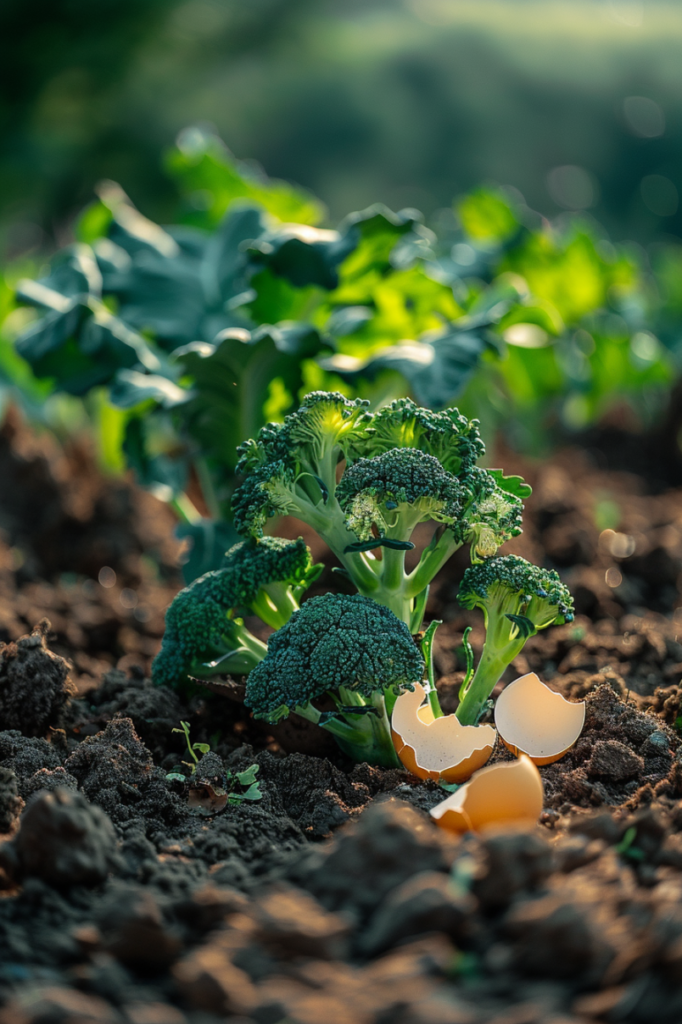
- Read also: DIY Broccoli Row Covers: Protecting Your Garden with Solutions
- Read also: DIY Broccoli Planters Made from Everyday Items
Conclusion
Eggshells, primarily consisting of calcium carbonate, hold vital nutrients such as magnesium and phosphorus, which are crucial for fostering plant growth.
Utilizing crushed eggshells as fertilizer for broccoli presents a natural and effective method to nourish your plants.
By leveraging the inherent benefits of eggshells, you not only enrich your garden but also contribute to waste reduction and foster a flourishing ecosystem within your garden.
FAQs
Absolutely! Eggshells can benefit a wide range of plants, including tomatoes, peppers, and leafy greens.
It can take several months for eggshells to fully decompose, releasing their nutrients into the soil gradually.
Yes, eggshells can help balance the pH of acidic soil, creating a more hospitable environment for plants like broccoli.

